Education
Shardeum; EVM layer 1 blockchain with high throughput
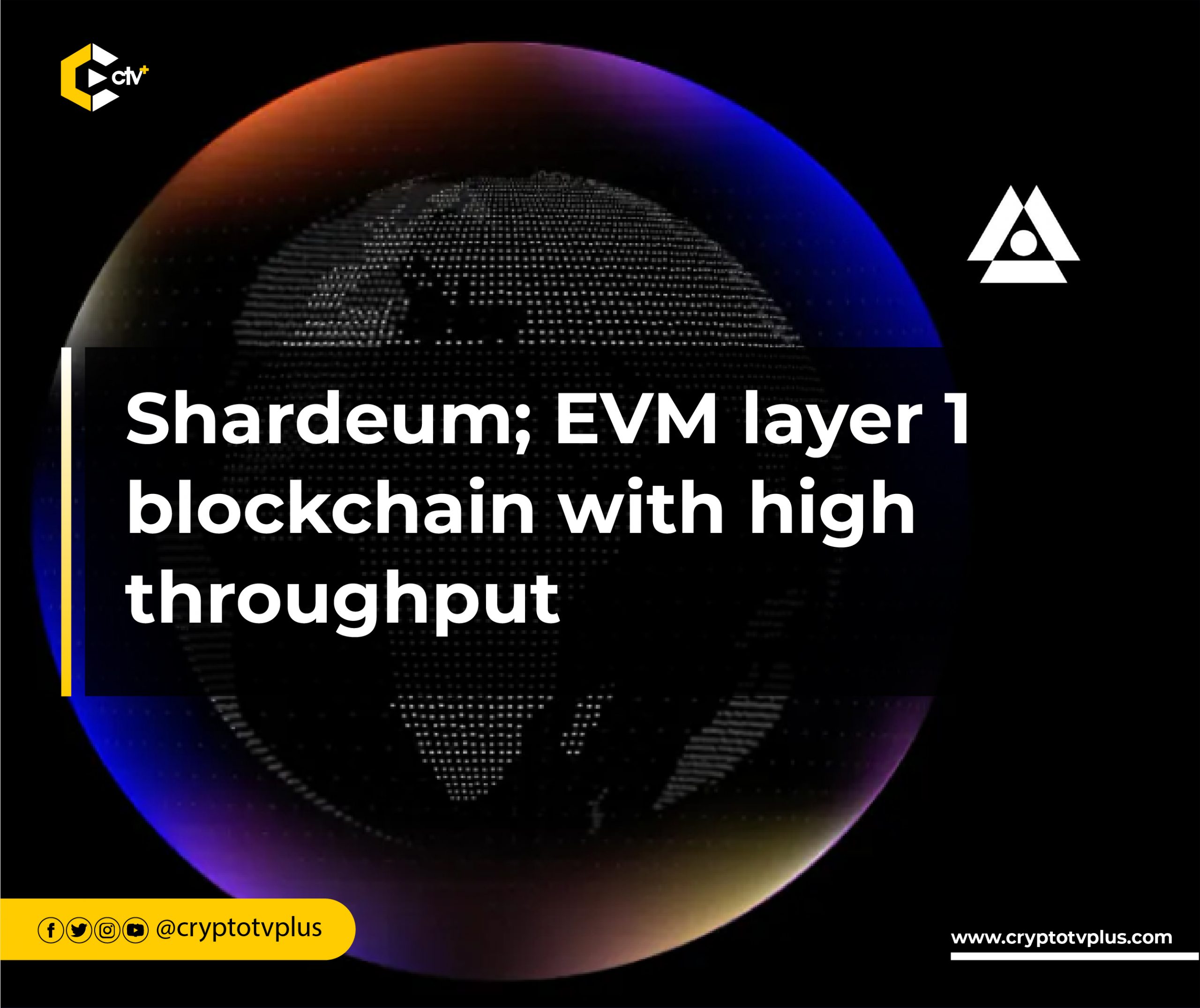
Shardeum is a layer 1 EMV-compatible blockchain with high throughput. Shardeum brings a network that employs sharding to provide a low latency system where developers can build with less difficulty.
Sharding is a process that breaks the whole network of a blockchain into smaller networks called Shards. Each of these Shards, which are unique and different from the others, can communicate with each other to process data sent into the system.
However, they are not required to process or store all data sent into the network. Sharding helps to distribute the computational workload from the central point to each Shard making the entire network faster, consume less energy, and is more scalable.
Shardeum is designed to provide a high throughput on EVM while retaining a high level of decentralization.
Features of Shardeum
As an EMV-compatible layer 1 chain, developers can create dApps on it using smart contract languages such as Solidity and Vyper. This breaks the barrier for applications to be built on it unlike projects, such as Aptos, that use newer languages like. Another feature of Shardeum is its low transaction fee, and high number transaction per second (TPS) compared with Ethereum.
The design of Shardeum implements a consensus mechanism that combines Proof of Stake and Proof of Quorum. This combination creates an increased TPS, as mentioned above, as a new node joins the network. While Proof of Stake is a system that ensures that validators have the minimum amount of asset staked to validate transactions, Proof of Quorum allows nodes to validate transactions independently, using time stamps.
Once these transactions are validated, the information of the transaction is sent to all Shards in the Shardeum network. Validation of transactions on Shardeum occur at the transaction level and not at the block level. Bitcoin for example is a blockchain that validates transactions at the block level and this is one reason it takes more time.
Since transactions are settled at the transaction level in Shardeum, its finality is fast, and the amount of energy used is low.
All nodes in the Shardeum network are not required to store the entire data of all transactions as is popular in earlier blockchains. This make it possible for validators to use lighter devices to create nodes and be part of the network.
It also uses an autoscaling and fairness algorithm that expands the capacity of the network depending on the number of transactions to be processed per time. In order to prevent Miner Extractable Value (MEV) Shardeum also implements the First Come First Serve (FCFS) procedure for all transactions being processed in the network.
Stats and roadmap of Shardeum
Shardeum currently has 50 validators nodes bearing a Shard size of 5 nodes each; houses more than 45,000 smart contracts with over 100 projects deployed.
Shardeum, with more than 540,000 accounts, has processed over 1.5 million transactions, has attracted above 300,000 community members, and was developed with the EIP 2930 automation system that brings an access list into the network.
From 2017 to 2021, the Shardeum team was focused on developing the project, and increasing the TPS. In 2022, the first prototype was released, Alphanet 1.0 and 2.0 were launched, EIP2930 was initiated, and it got to a capacity of 100 TPS.
According to the team, the Betanet launch, and mainnet launch are expected in 2023 with a minimum of 1280 minimum validators. The team also added that attention into the future will also be on infrastructure like DeFi, DEXes, DAOs; community (peer to peer) projects like the metaverse, NFTs, animal welfare, social media, and play to earn; enterprises such as supply chain, automation, and smart infrastructure; and academia which includes researches from institutions around the world.
Tokenomics and use of the Shardeum token
Shardeum ($SHM) is the native token of the Shardeum blockchain. It has a maximum supply of 508 million and a distribution system that will release 51% of the token to validators as reward, 18% for sale, 15% for the team, 11% for the foundation, and 5% for the ecosystem
$SHM will be mined by validators and be used as reward to them as well. It will also act as utility token for paying gas fees, executing transfers and other upcoming activities in the ecosystem.
Shardeum Team
Nischal Shetty is the co-founder of Shardeum. He is also the founder of WazirX, Crowdfire and a respected personality in the cryptocurrency industry in India. Alongside him is his co-founder, Omar Syed, who has worked with NASA as a distributed systems architect for 30 years. He has also been engaged with Yahoo, Raytheon and Zynga.
Read also;



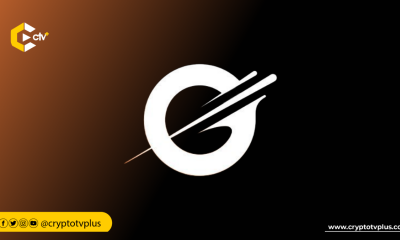

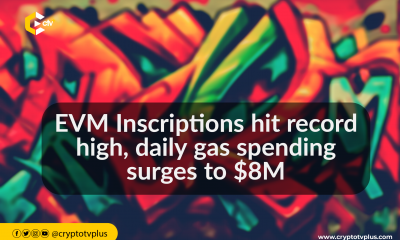

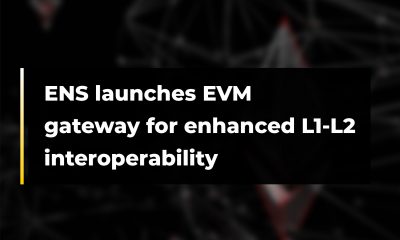

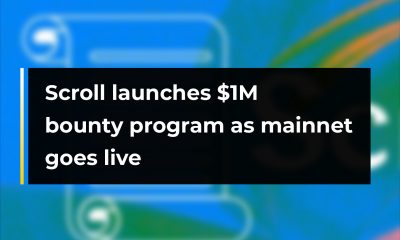















Pingback: Fuel network; bringing modularity into blockchains | CryptoTvplus: DeFi, NFT, Bitcoin, Ethereum Altcoin, Cryptocurrency & Blockchain News, Interviews, Research, Shows